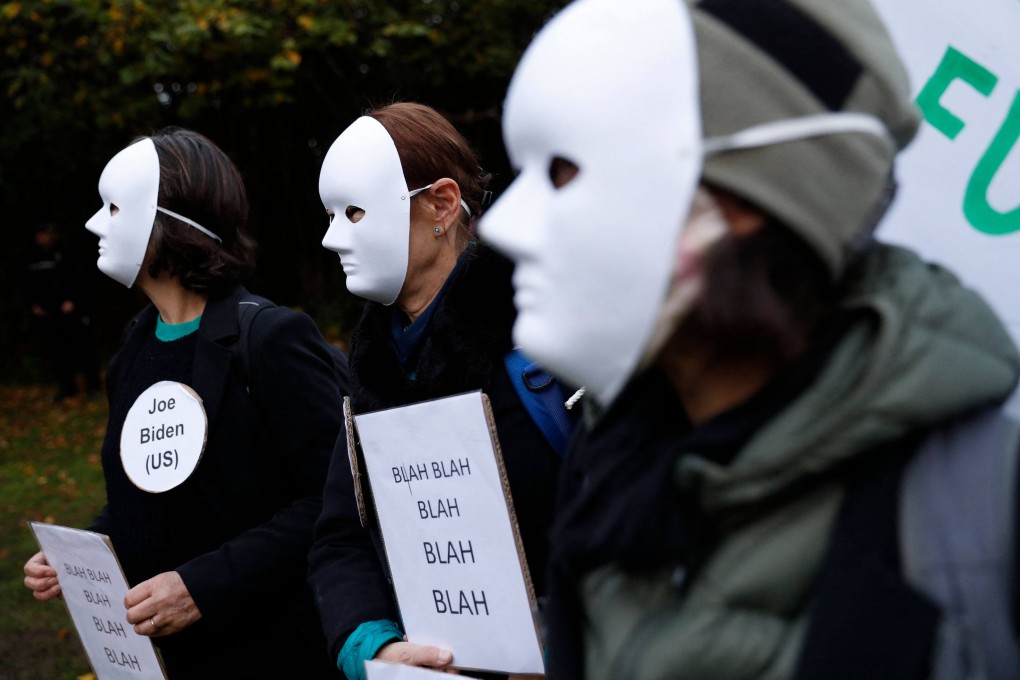Advertisement
Opinion | COP26 ‘cheap talk’ is a weak but necessary first step on climate change
- It is easy to see why climate activists would dismiss international negotiations as mere empty rhetoric at a time when the planet is in peril
- In a world of geopolitical rivalries and coordination challenges, compromise and the disappointment that comes with it are a fact of life
Reading Time:4 minutes
Why you can trust SCMP

“Blah, blah, blah.” That was how young climate activist Greta Thunberg characterised this year’s UN climate change conference (COP26) in Glasgow even before it began. She was right, in a way. Talk is cheap whenever international agreements lack effective mechanisms to verify and enforce commitments.
Gatherings like COP26 tend to lack credibility, even when they are presented as a “last chance” to prevent the end of the world as we know it. Nonetheless, such meetings help raise awareness about the problem and potential solutions, and that is better than the denialism of past years.
True, the final agreement produced at COP26 appears weak, considering that the goal of keeping global warming below 1.5 degrees Celsius is now barely alive. Instead of unabated coal power being phased out, it will be “phased down”, a crucial change inserted at India’s insistence and with China’s acquiescence.
Advertisement
While “inefficient fossil-fuel subsidies” will still be phased out, the implication is that “efficient” fossil-fuel subsidies remain an option.
But remember, talk is cheap. Given India’s dependence on coal, it is perhaps better that it has set its net-zero emissions target for 2070 rather than proclaiming a mid-century commitment it has no intention of upholding.
More broadly, there are two main obstacles to attaining the world’s stated climate goals. The first is geopolitical, exemplified by Russia’s use of natural gas as a strategic tool to divide Europe between those using nuclear power as an energy-transition technology and those using gas.
Advertisement
Select Voice
Choose your listening speed
Get through articles 2x faster
1.25x
250 WPM
Slow
Average
Fast
1.25x

